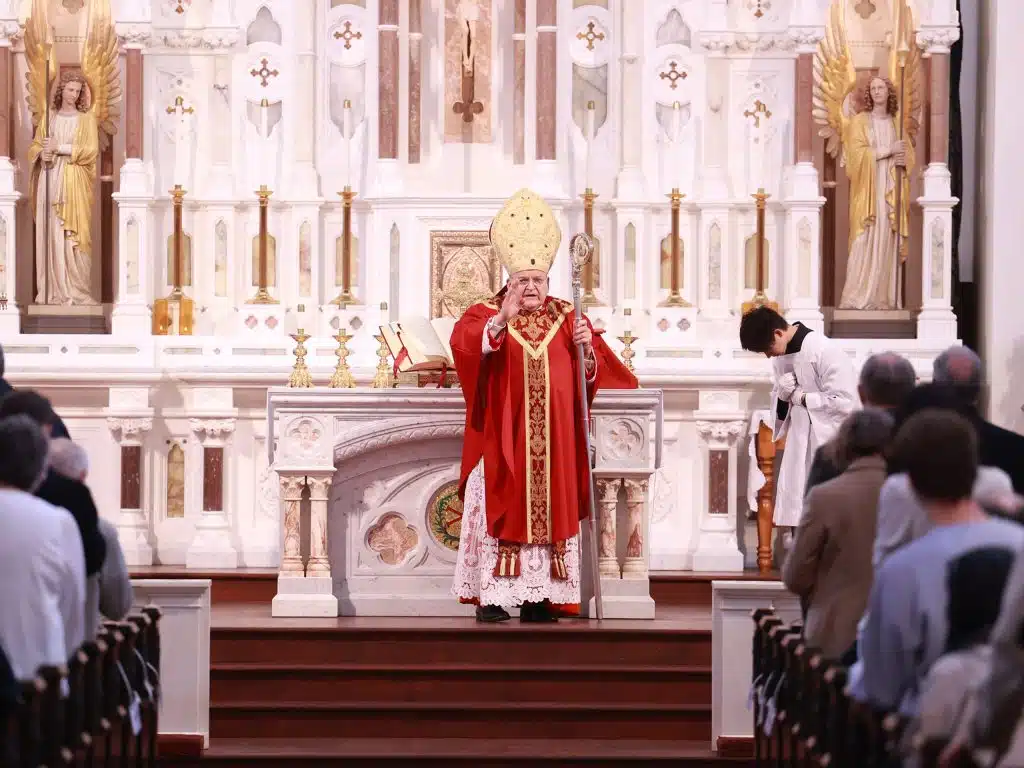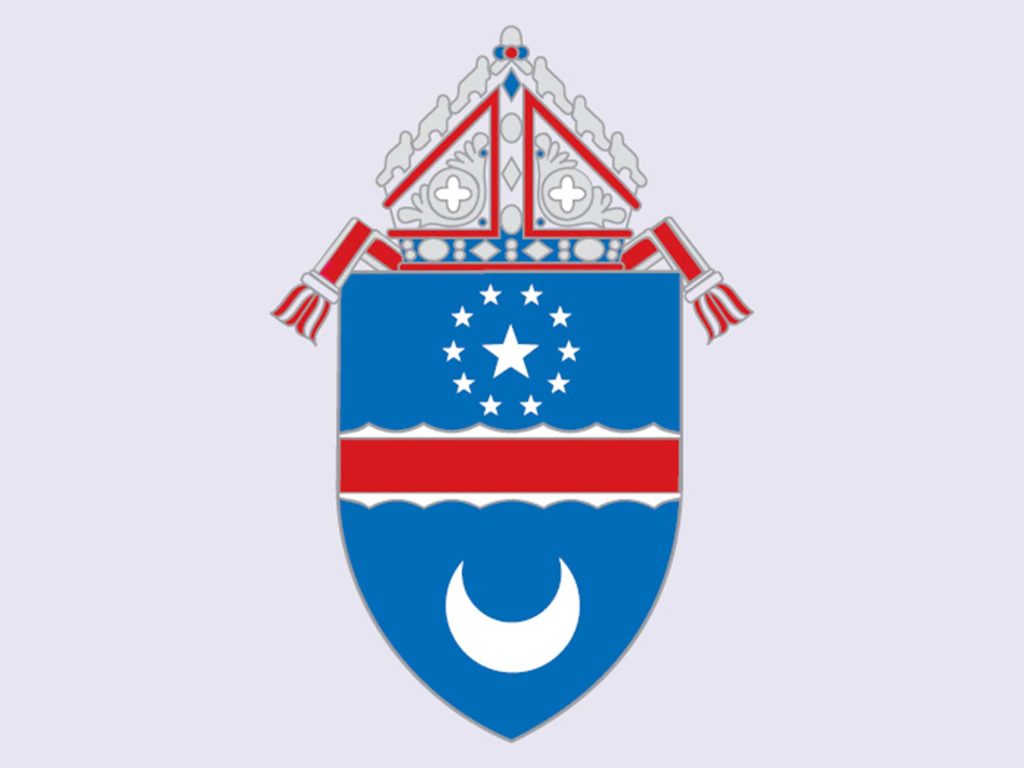A woman in her late 90s joyfully awaiting the next life. A 20-something grad student who lost belief in God at the age of 8. The stark difference between the two has impacted me greatly during my time in seminary. Both were encountered during what are termed “pastoral formation” assignments.
The long journey of training to become a priest consists of more than just spiritual and intellectual formation — praying and studying — the two areas that most often come to mind. Human formation targets personal habits and behaviors to forge us as well-rounded men able to relate to a variety of people. Pastoral formation integrates the other three, and is a critical piece of the journey: As future priests, we must be able to take what we pray and what we learn and transmit it to whomever God may put in front of us.
To this end, every seminary curriculum has a program of pastoral formation. Seminarians start by working with youths or visiting retirement homes or hospitals, and later assist in various capacities at parishes. This formation can include delivering food to the needy or praying outside abortion clinics. Mount St. Mary’s Seminary in Emmitsburg, Md., also assigns us to assist with liturgies and give tours at nearby shrines, and requires every seminarian to make one evangelization trip to a university campus, spending two days sharing the Gospel with students.
Our pastoral formation continues during summers and seminary breaks, when we are assigned to parishes in our home dioceses. We live in the rectory and witness the daily life of the parish and its priests. We assist in programs such as vacation Bible study for children, young adult activities, faith formation for adults, or whatever the pastor asks.
Yes, these experiences can be as demanding as they sound. At the same time, they serve to both challenge and motivate me daily in my formation. My resolve to study, pray and sacrifice finds its meaning and is strengthened through these personal encounters with souls, like the 90-year-old and the grad student.
The former I met when delivering communion to her. Her joy was so infectious, and she happily shared her funeral plans, even inviting me to her funeral on my first visit. I returned when we could chat more, and she recounted her life story, stressing how through the tribulations and the joys she never lost her love of the Lord and Our Lady. She and I shared prison ministry stories, and how present God had been in those interactions. The inmates loved her so much, even calling her their “Mom.”
I met the atheist grad student on an evangelization mission. On our mention of God, he immediately told us he’d forsaken any belief in God on 9/11 when he lost a parent. The pain that he still carried was all over his face. There wasn’t anything I or my fellow seminarian could say or do to alleviate this suffering, other than to offer our sympathy and our prayers (which continue to this day).
These are just two of the many souls I have encountered through pastoral formation. They inspire and encourage me along this journey. How can I be sure I have the joy of the first when I am in my last days? How do I channel God’s infinite love and peace to the many hurting souls I will encounter? Fortunately, I will have a lifetime of pastoral formation.
Wagner, who is from Blessed Sacrament Church in Alexandria, is in his third year of theology at Mount St. Mary’s Seminary in Emmitsburg, Md.


